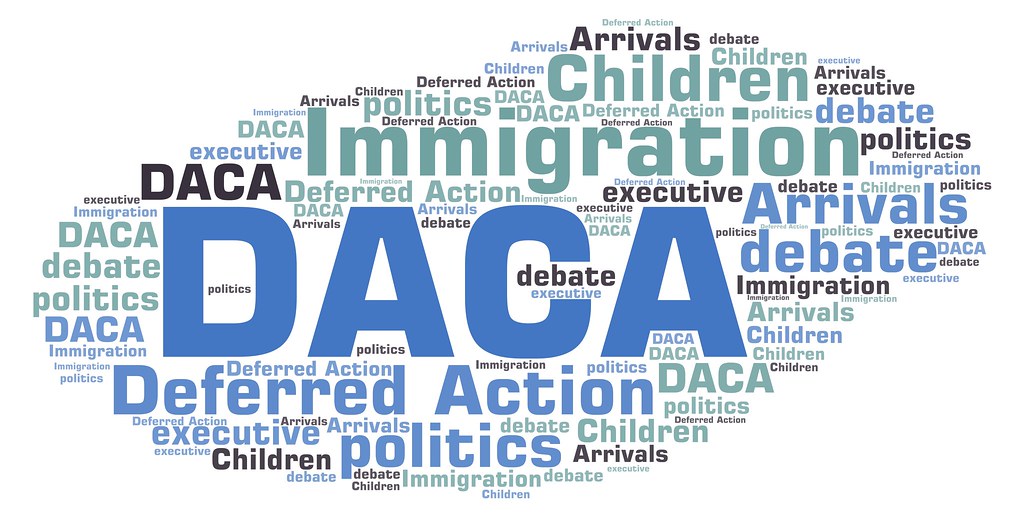
Welcome to 2020! It’s a new year and a brand-new decade. In this post, we cover the things you need to watch and groundbreaking events taking place in 2020 that will shape the future of immigration for years to come.
2020 Presidential Election
One of the most momentous events in American history will take place November 3, 2020, as Americans head to the polls to vote for the next President of the United States. The winner of the 2020 presidential election will be inaugurated on January 20, 2021.
Candidates for the Presidency will take part in dozens of debates leading up to the presidential election during the next few months. As it stands, fourteen Democratic nominees remain in the 2020 presidential race vying for an opportunity to oppose President Donald Trump come November.
The top Democratic candidates include Joe Biden, Bernie Sanders, Pete Buttigieg, and Elizabeth Warren. On February 3, 2020 these candidates will participate in the Iowa Democratic caucuses, the first nominating contest in the Democratic Party presidential primaries.
For its part, the Republican National Committee has pledged its support to President Trump in his re-election bid, meaning that Donald Trump will likely be unopposed in the 2020 Republican Party presidential primaries. Only two other Republican candidates have formally announced their intent to take part in the presidential race, including Joe Walsh and Bill Weld.
As previously reported, the outcome of the 2020 Presidential election will have a profound effect on the future of immigration, given the central role that the topic has had in American politics during the Trump administration, and its continued level of importance in the 2020 election.
The Supreme Court will take on the issue of DACA
During the Spring of 2020, several big decisions will be made on immigration by a conservative Supreme Court.
On June 28, 2019, the U.S. Supreme Court agreed to hear lawsuits filed against the Trump administration challenging the President’s decision to abruptly terminate Deferred Action for Childhood Arrivals (DACA). Oral arguments began on November 12, 2019 in Washington D.C., and a final decision is expected to be handed down by the court this spring.
Currently five conservative justices sit on the bench (Chief Justice Roberts, Clarence Thomas, Samuel Alito, Neil Gorsuch, and Brett Kavanaugh), tipping the scales in favor of conservatives with regard to the future of DACA.
A decision in favor of the President would mean the end of the program and no legislative solution to shield Dreamers from deportation. Perhaps more importantly, the decision would re-energize the President’s base, increasing the President’s chances for re-election.
While a decision against the Trump administration would preserve the DACA program and allow Dreamers to continue to live and work in the United States without fear of deportation. Such a decision would also impact the outcome of the Presidential election, given that it would unify the Democratic party and supports sympathetic to the plight of Dreamers.
Continue reading
 The unthinkable has now become a reality. In a recent court filing, the U.S. government disclosed that the Internal Revenue Service (IRS) has agreed to disclose protected tax records to aid Immigration and Customs Enforcement (ICE) in the mass deportation of undocumented immigrants.
The unthinkable has now become a reality. In a recent court filing, the U.S. government disclosed that the Internal Revenue Service (IRS) has agreed to disclose protected tax records to aid Immigration and Customs Enforcement (ICE) in the mass deportation of undocumented immigrants. Visa Lawyer Blog
Visa Lawyer Blog










